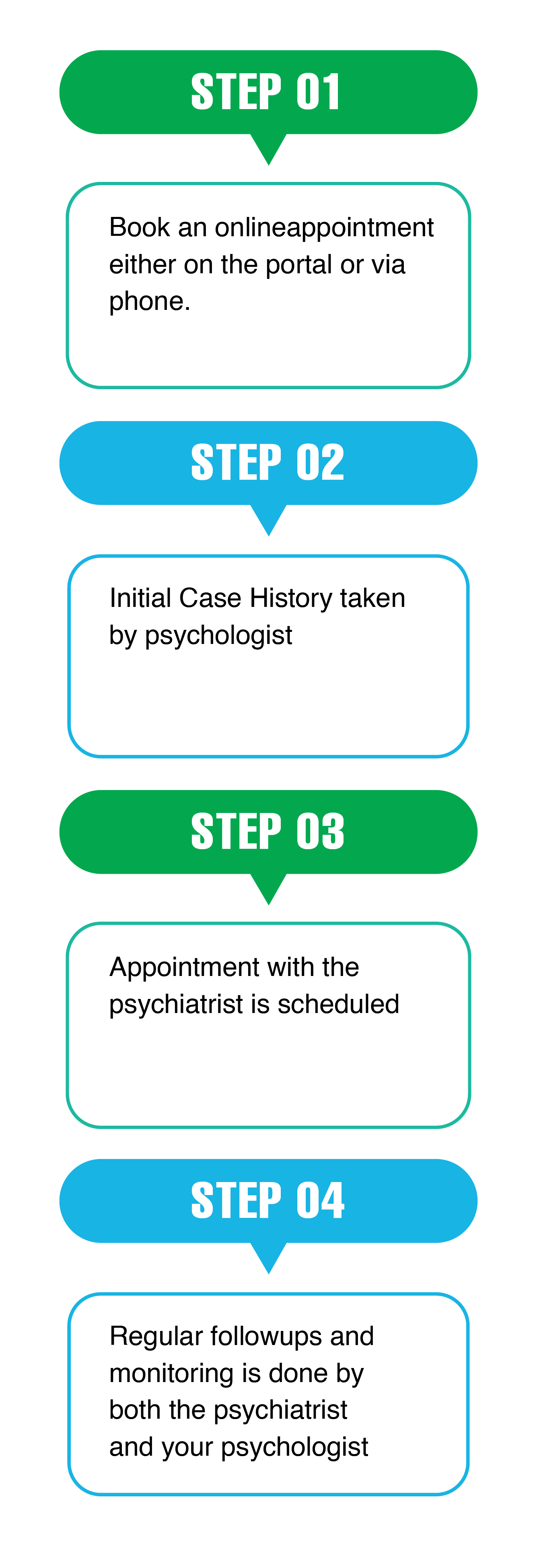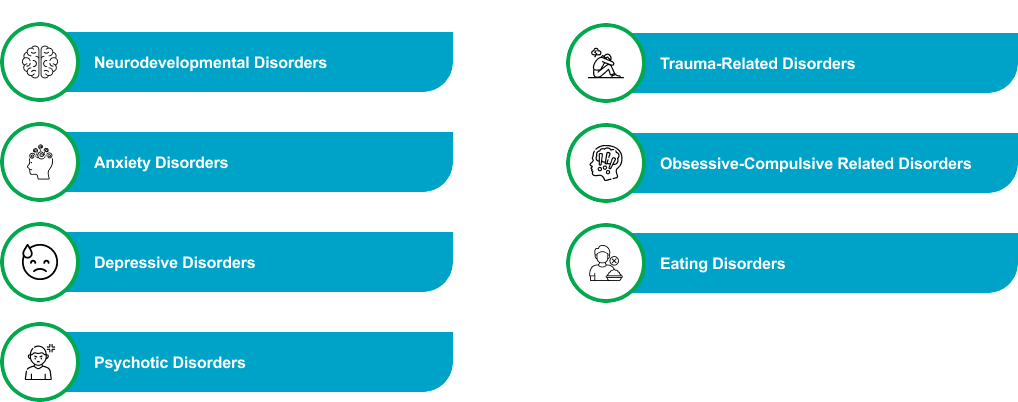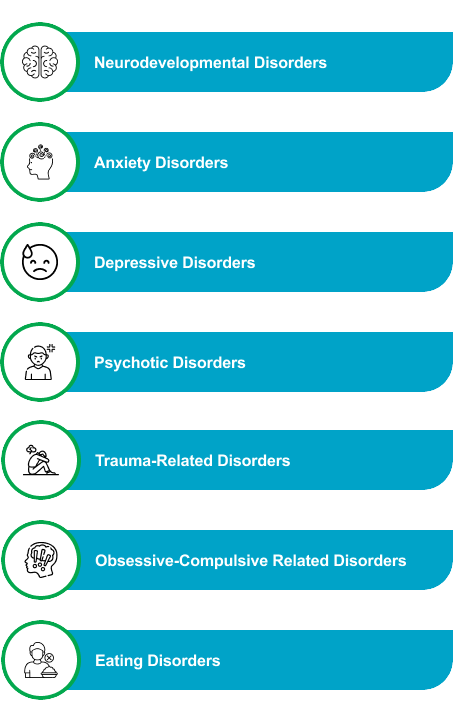Childpsychology is the study of subconscious and conscious childhood development.Child psychologists observe how a child interacts with their parents,themselves, and the world, to understand their mental development. Childpsychologists can help you understand the difference between normal stagedevelopment and abnormal child development.
Child psychologists help detect the root of common behavioral issues such as learning issues, hyperactivity, or anxiety, and help children work through early childhood trauma. They can also help to prevent, evaluate, and diagnose developmental delays or abnormalities such as autism.Step-




